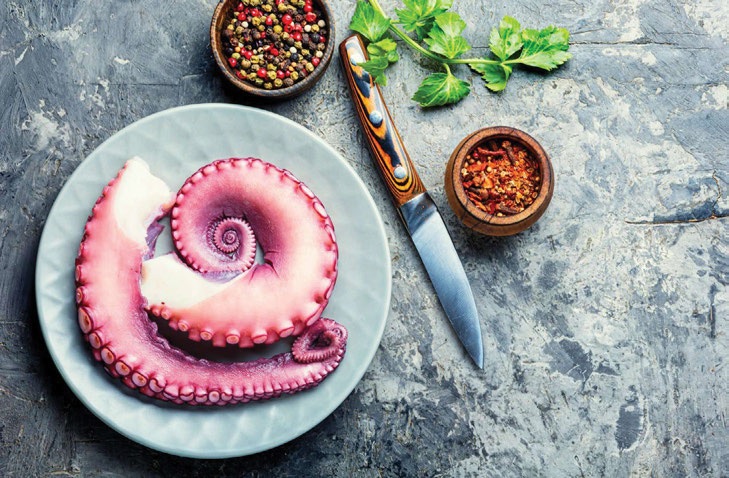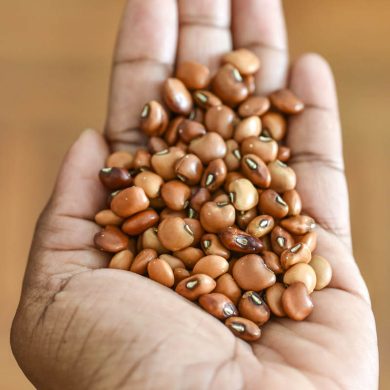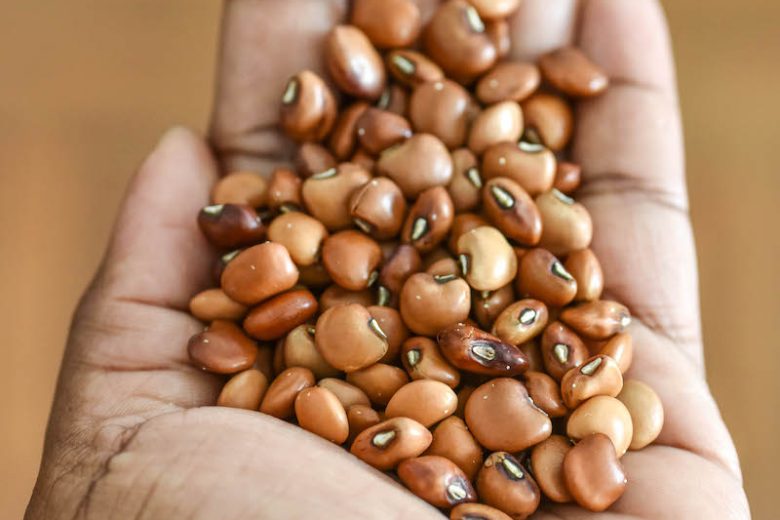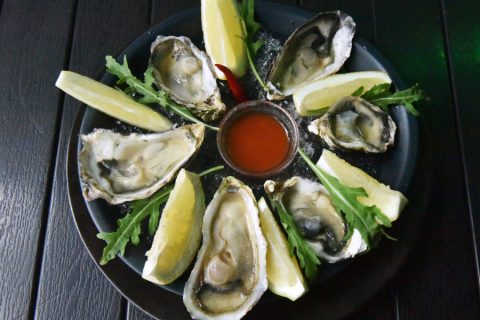Octopus – The flavour of the reefs
When the tide is low, in the early morning hours of March, May, July and December, female voices, in coastal areas such as the Quirimbas National Park, sing folklore songs on their way to the beach, while the men weave their conversations with laughter.
Under the sway of songs and conversations in Emakwa and or Kimwani, sometimes with babies in their arms, still nursing, they look for octopuses in the colourful reefs of the crystalline waters of the Indian Ocean, those marine molluscs that have eight strong arms and suction cups around the mouth.
But since 2007, both in Mozambique and Tanzania, the Comoros, the Seychelles and Kenya, the amount of catch has had to be reduced to protect the species itself.
Biologists have discovered that the octopus, which means “many feet”, is extremely intelligent, having a capacity for memory retention and learning, skills developed for its own survival.
Of the probable 700 species present in all of the Earth’s oceans, abundant, especially in tropical waters, they weigh between 3 and 40 kg; some reach up to 3 meters in length, which is why they are also called sea monsters.
Nutritionists describe octopus as a good source of protein and essential amino acids, including leucine, which is not produced by the human body. This amino acid is used to synthesise proteins and as an energy source. It is also believed to help reduce the loss of muscle mass associated with aging. Octopus is also a good source of magnesium, potassium, iron and polyunsaturated fats. It is also rich in cholesterol (48 mg/100 g).
The fact that the mollusc feeds on many other marine species also increases the chance of contamination by toxic substances. In the kitchen, the biggest difficulty is to cook its meat, which is quite fibrous, to the right degree. One tip is to buy smaller octopuses, which are softer. Another way to tenderising the meat is to pre-freeze the mollusc.
Octopus is a good source of magnesium, potassium, iron and polyunsaturated fats.

Issue 71 Jan/Feb | Download.



































0 Comments